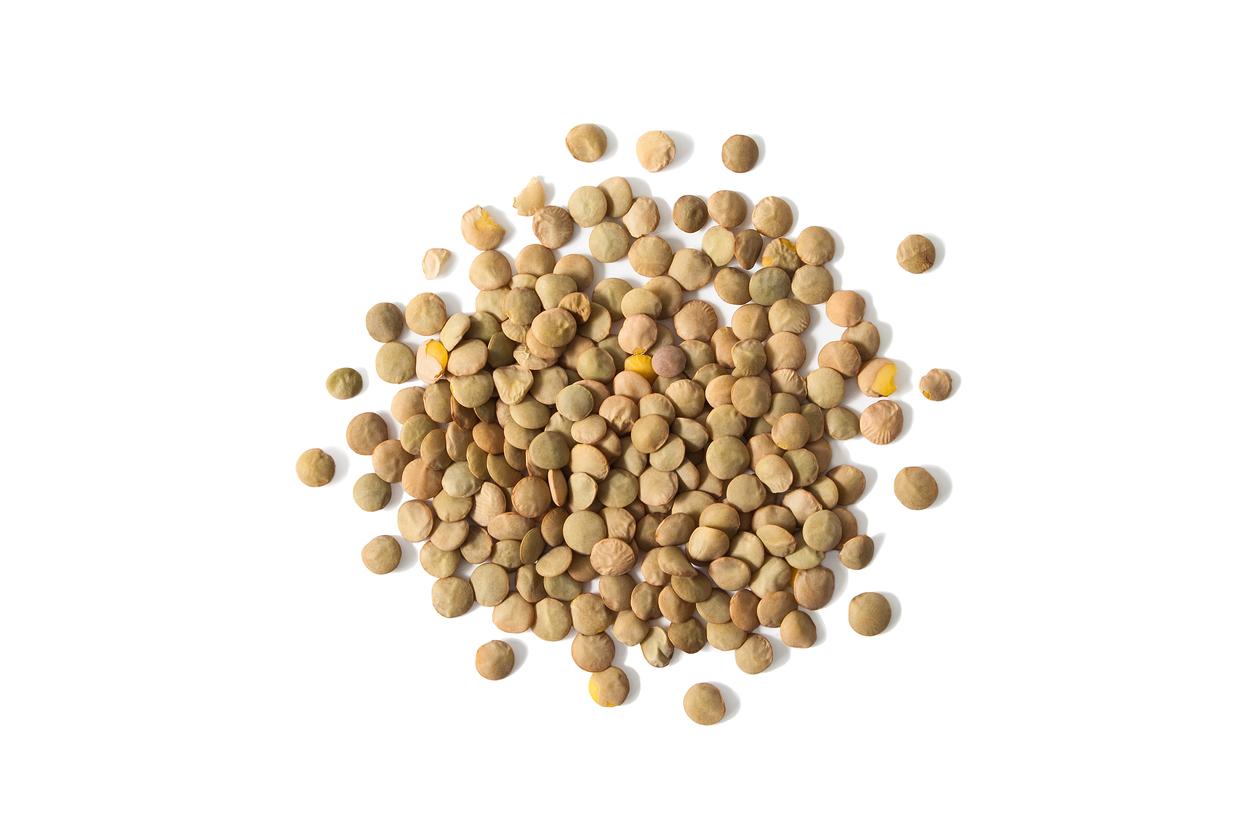Breast milk is the optimal source of nutrition for newborns, in particular thanks to certain lipids which play an important role in the weight of infancy. The mother’s diet influences the beneficial composition of breast milk.

- A mother’s diet while breastfeeding can shape the profile of breast milk’s oligosaccharides, a type of complex carbohydrate.
- The mother’s diet during breastfeeding will influence the entire life of the baby.
- A lipid in breast milk has been identified as having an influence on different aspects of newborn health.
The bond between a mother and her child is close and continues after childbirth. To nourish the newborn, breastfeeding is the optimal source of nutrition. It confers protection against life-threatening childhood diseases such as necrotizing enterocolitis, as well as diseases appearing later in adults, such as obesity, diabetes and inflammatory bowel disease. But this beneficial intake may vary depending on the mother’s diet, suggests a study published in Nature Scientific Reports December 16.
Inert substances for the mother, essential for the baby
This study is the first to report evidence that a mother’s diet during lactation can shape the profile of breast milk oligosaccharides, a type of complex carbohydrate found in breast milk. The modification of oligosaccharides in turn alters the functional capacities of the milk microbiome which influences lifetime metabolic health. “Breast milk oligosaccharides are essentially inert substances for a mother or her babysays lead author Dr. Kjersti Aagaard, also a professor of molecular and human genetics at Baylor College of Medicine. However, they exert their health benefits by acting as food or fodder for microbes – both bacteria and some viruses. This seems like a very interesting example where what we eat affects our microbes through an intermediary that we make but don’t directly benefit from. It gives us fascinating insight into what we and others believe to be a natural process of co-evolution..”
The researchers provided nursing mothers with a special nutritional diet for 30 to 70 hours. After a two-week washout period, the same woman ate a different diet also provided by the researchers. Milk samples from each subject at these different times were then collected. This helped the researchers monitor how the amount of oligosaccharides made varied between women. The team analyzed their composition as well as that of the milk microbiome to study the effect of the mothers’ diet.
Breastfeeding influences the health of the baby throughout his life
“We found that distinct maternal carbohydrate and energy sources in the diets we provided preferentially altered milk oligosaccharide concentrations, which was accompanied by changes in the metabolic capacity of the milk microbiome.observed first author Dr. Maxim Seferovic. It is not that the mother’s diet itself directly affects the microbes but that the diet affects the food of the microbes, the oligosaccharides, which in turn shapes the functional capacity of the milk microbes that will be consumed by the baby. Interestingly, oligosaccharide changes occurred rapidly, within 2-3 days, after mothers changed their diets..”
These results show that the mother’s diet during breastfeeding will influence the entire life of the baby. “We propose that our findings may have potential effects on the health and development of the baby, including the potential to promote healthy gut integrity at the mucosal surface.develops Dr. Melinda Engevik, co-author of the study. Oligosaccharides nurture certain microbial communities, and it has been suggested that the establishment of these microbial communities is likely important for the neonatal development of brain function. We believe that the presence of certain oligosaccharides promotes the growth of certain microbes in milk, which then pass to the baby and may support healthy development..”
Variations in milk composition between mothers
Breast milk is complex and its influence on the baby continues to have gray areas. Researchers at Harvard University have clarified one concerning the role of lipids on the weight of newborns. In a study published on November 2 in the Journal of Clinical Endocrinology and Metabolism, they argue that the lipid metabolite called 12,13-diHOME is associated with beneficial infant weight gain and body composition in the early postnatal period. They also have a protective effect against the development of obesity. Maternal fitness, particularly exercise, also appears to increase metabolite levels in breast milk and may therefore benefit their offspring.
Variations in the composition of milk between mothers explain differences between children. “Although breastmilk has long been promoted as a way to reduce the risk of childhood obesity, the data isn’t entirely consistent, reframes Elvira Isganaitisassistant professor of pediatrics at Harvard Medical School and author of the study. The literature is conflicting, and in many cases the protective effects of breastfeeding disappear after controlling for maternal factors such as education, obesity, smoking, or socioeconomic status. We propose that variations in milk composition between mothers may explain some of the differences that have been observed in childhood obesity and diabetes risk. In other words, some mothers may have higher amounts of protective factors in their milk..”
.

















